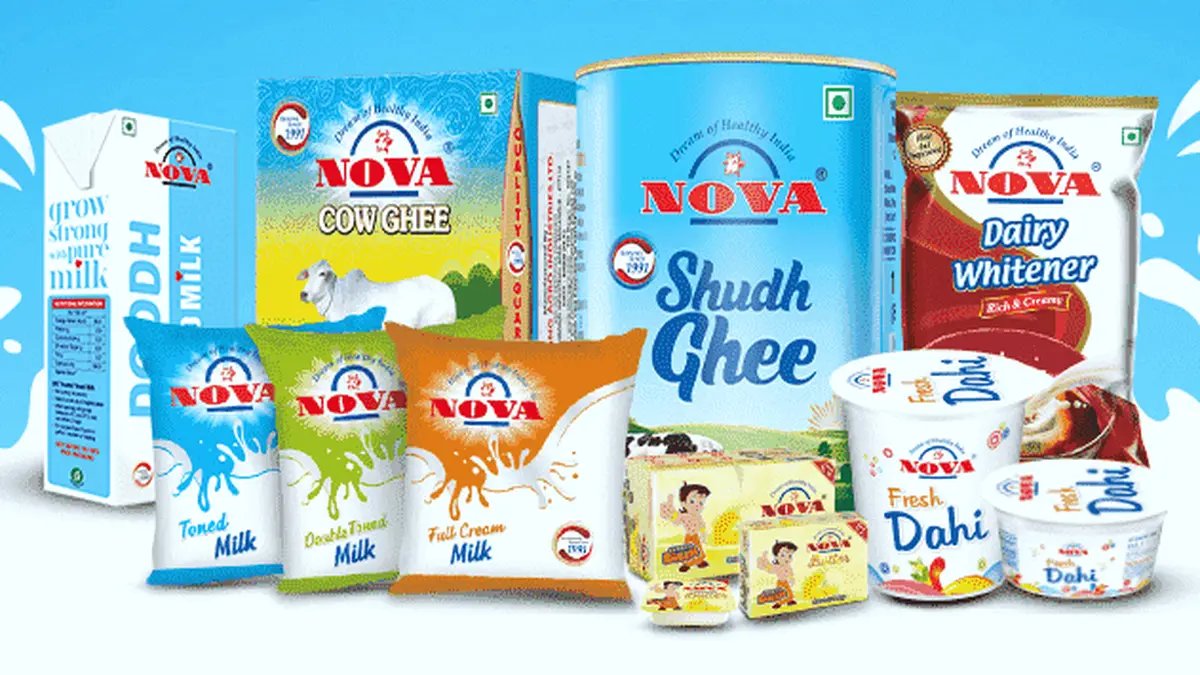Nova Dairy accelerates sustainable dairy practices

Nova Dairy, part of Sterling Agro Industries Ltd, in partnership with Nestlé and Unilever has launched the sustainable dairy programme across 7 model farms in Fatehabad and Morena.
Nova Dairy, which is working towards a low-carbon future, said the sustainable dairy programme covers some 175 cattle. In a statement Nova Dairy said the studies were implemented with target to improve milk yield through initiatives, including production of fodder with high yield seed management, open housing systems for improved animal welfare, artificial insemination and genetic enhancements to improve fertility and reproduction and observation to detect oestrus heat cycle to maximise fertility and pregnancy rates.
Using measurement tools like the Cool Farm Tool, the programme registered up to 17 per cent reduction in greenhouse gas emissions per litre of milk, demonstrating the direct impact of improved husbandry on environmental performance.
At its Malanpur manufacturing plant, Nova Dairy has commissioned a 1.5 MWh solar power facility and energy requirements are partially empowered through back pressure turbines to compensate steam & energy needs for processes like pasteurisation, evaporation and drying with clean energy. Additionally, solar thermal systems have been installed across milk chilling centres significantly cutting reliance on fossil fuels.
Nova Dairy said it is also exploring further climate-smart opportunities such as wider adoption of biogas and biodigester systems at the farm level, capturing methane from manure and convert it into biogas, which can be used for energy in farmer home kitchen. Also, it is exploring composting manure to reduce methane emissions by promoting aerobic decomposition turning dung into renewable energy and organic fertiliser, aligned with national efforts led by Nestlé India and others to reduce manure-related emissions, the company said.
Nova is also looking at encouraging reducing methane emissions by modifying cattle diet by replacing grass silage with maize silage, potentially using feed additives like legumes rich in tannins, including red seaweed, lipids & nitrates in the diet to inhibit methanogenesis. It has also expanded solar microgrids and renewable energy systems across milk collection centres, inspired by successful models from Tata Power–NDDB collaborations, the company said.
Published on August 5, 2025



